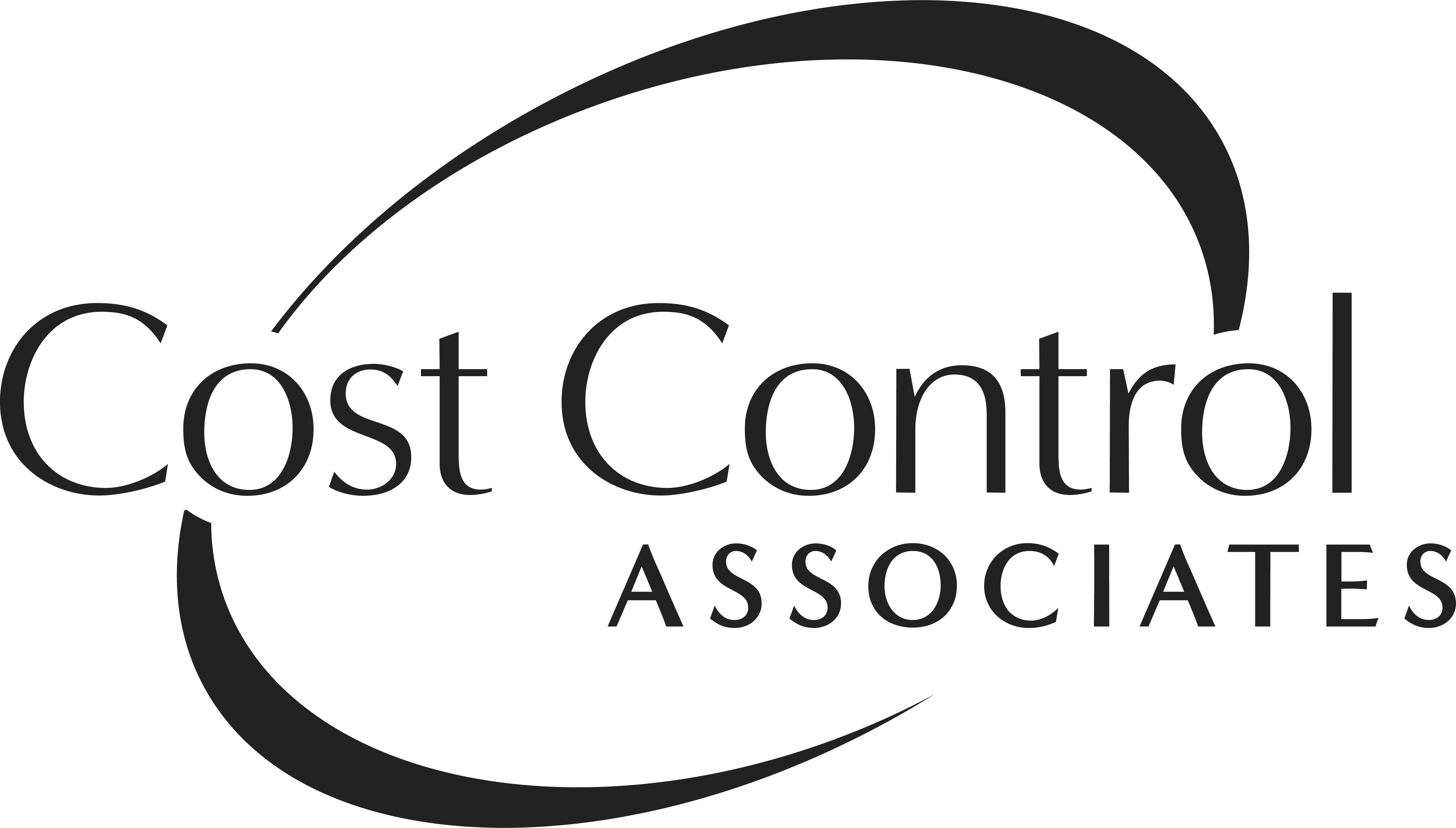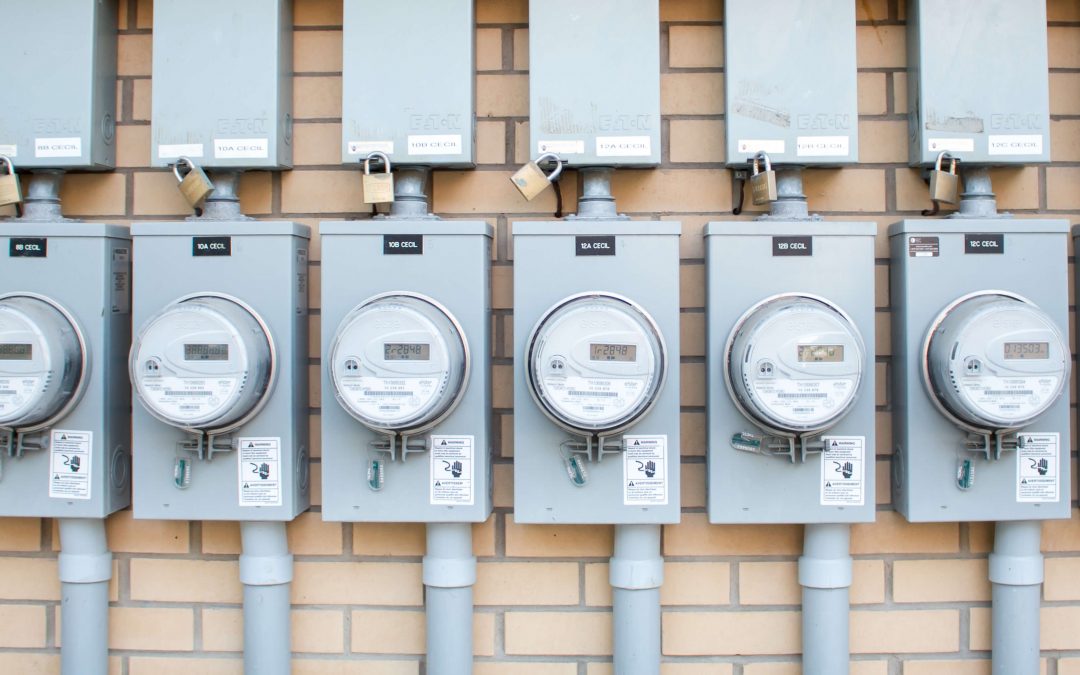You might be surprised at the size and frequency (and cost!) of energy billing errors that can occur on a daily basis. Many of these errors are easy to overlook in organizations where employee’s time is stretched thin and resources devoted to utilities are limited. In the news recently, a local establishment, the Rotterdam Square Mall in Rotterdam, New York, nearly had its utilities turned off right before Black Friday.
Fortunately, the owner was notified in time and reached an agreement with National Grid before its electricity was turned off. What was behind this potentially disastrous circumstance? $300,000 in overdue utilities caused by an electric meter the owner didn’t know existed when he purchased the facility.
This demonstrates the sheer magnitude of potential problems from billing errors (the utility cost alone in this case was $80,000 per month).
Here are five (5) energy billing errors that could be silently costing your organization big money:
1. Utility Meters
As evident in the example above, it isn’t easy to keep track of meters in locations where many units are powering a facility. We have seen many examples where organizations are paying for electric meters not tied to their facilities. For multi-site organizations, it may be nearly impossible to ensure you are paying for only your meters.
As we have seen in the past, service providers aren’t always on the look-out for customers’ best interests. This holds true for utilities companies. As long as their bills are paid, they are not necessarily interested where the money is coming from.
With a monthly cost reaching $100,000 or more, customers should be able to see exactly what their utility costs are. If any organization finds that it is being billed for meters (or other costs) that they shouldn’t be, there is an opportunity to get refunds for any overpayments.
2. Human Error
A misplaced decimal point can easily go unnoticed and silently cost you thousands of dollars over time. This may come in the form of a meter multiplier error.
Meter multipliers are factors used by utilities companies to calculate the Kwh used in billing. Errors occur when meters are replaced and the new meter has a different multiplier than the previous or if the previous multiplier was incorrect to begin with. If the multiplier in a utilities computer system is not changed, the resulting billing will be overstated.
Many larger municipalities are now using automated systems with less chance for human error. However, many smaller municipalities have not caught up with newer systems and human error remains a problem. Utility bills for organizations with large physical plants can be complex. The more complex the billing process, the more chance for costly human error.
3. Street Lights
 One of the lesser known billing errors, particularly for municipalities, is over billing for energy used by street lights or for lights not present in the field. Municipalities are responsible for “public lighting,” which generally means lights that face a city street. Businesses are responsible for any lighting that faces away from the street on their property. This includes such things as outdoor lighting for sidewalks or parking lots.
One of the lesser known billing errors, particularly for municipalities, is over billing for energy used by street lights or for lights not present in the field. Municipalities are responsible for “public lighting,” which generally means lights that face a city street. Businesses are responsible for any lighting that faces away from the street on their property. This includes such things as outdoor lighting for sidewalks or parking lots.
Another less common situation involves two headed street lights, where one light faces the street and the other faces the sidewalk. Municipalities are required to pay for the cost of the one light facing the street but the responsibility of the light facing away from the street is generally the responsibility of the private business being served by the light.
 A client realized significant savings from streetlights being billed in error. The City of Schenectady, New York now save nearly $100,000 in utilities annually and received a refund of $700,000 primarily due to an error in their billing for street lights. This error went undiscovered despite multiple audits from their utility company!
A client realized significant savings from streetlights being billed in error. The City of Schenectady, New York now save nearly $100,000 in utilities annually and received a refund of $700,000 primarily due to an error in their billing for street lights. This error went undiscovered despite multiple audits from their utility company!
4. Contractual Errors
Contract errors are common when utilities are purchased from a de-regulated third-party supplier. If you procure utilities from a third party supplier the rates are not regulated. The price you are being billed may not be correct. It could also be more than what other businesses similar in size and energy are currently paying. It is very difficult, if not impossible to determine whether you are paying the correct or most appropriate rate without an independent audit.
Purchasing supply from state-regulated utility companies are generally governed by what is referred to as a tariff rate, or regulated rate, approved by a state regulatory authority (Public Service Commission or Public Utilities Commission, depending on your state). The tariff is the contract between the utility and the customer. While the rates being billed under the tariff may be correct, the tariff itself may not be the most appropriate for the account. Again, without an independent audit, this opportunity to reduce cost may go undiscovered.
5. Sales Tax Errors
Many businesses and non-profits are eligible for sales tax exemptions and may be unaware of this status. In addition to non-profits, the types of businesses that may be eligible for sales tax exemptions on utilities are businesses that produce products, like manufacturers and grocery stores.
It is not easy to discover whether or not you are eligible for exemptions, unless you want to comb through arcane state sales tax regulations. Without the necessary skills and experience this can be a daunting and potentially futile task.
Don’t let your business, city or town be silently bled by energy billing errors.
Find out where you can save today with a free Quick Scan Review from Cost Control Associates.
Call Keith Laake at 518-798-4437 or request a Free Analysis.

